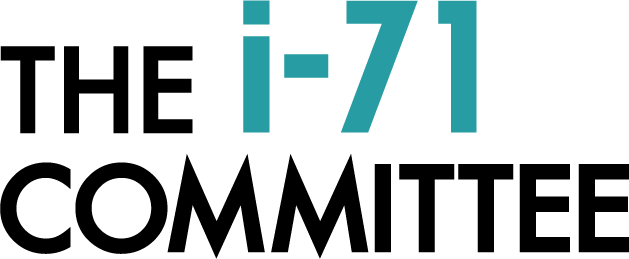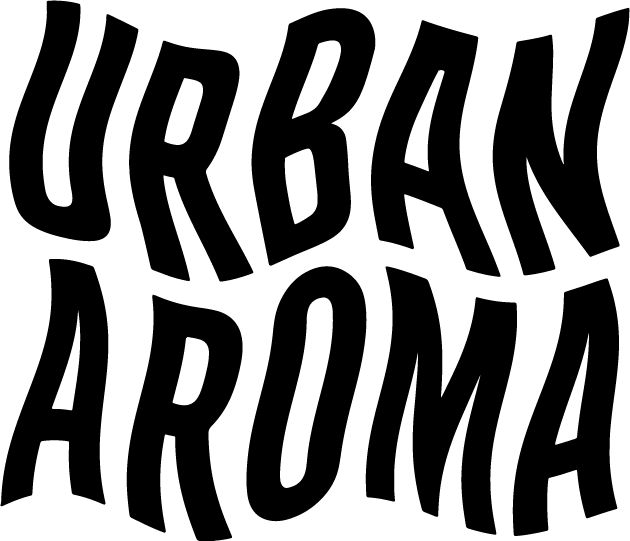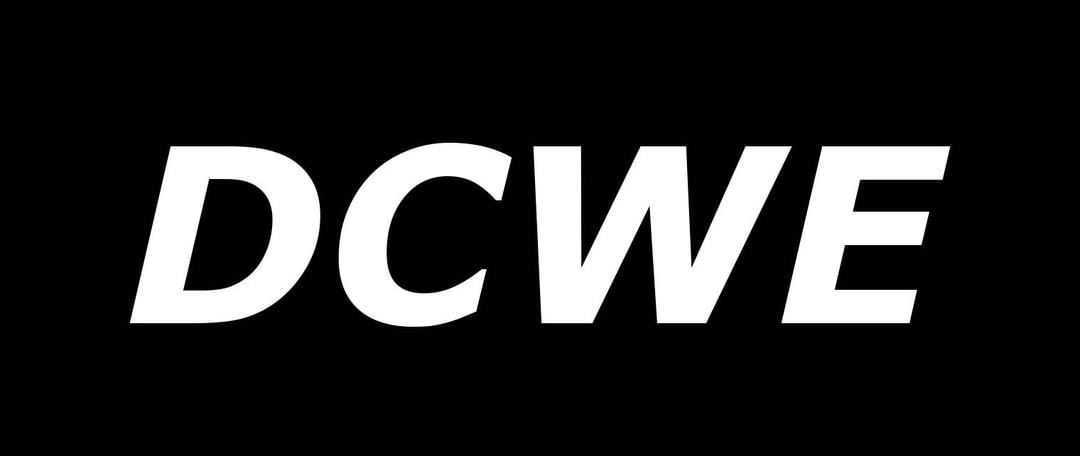Blond hair bobbing as she barrels through D.C. rush-hour traffic on her bicycle, 27-year-old Liz Sluchak is on a singular mission: to bring a 19th-century French novelist’s motivational words to a paying customer.
On a street corner not far from Nationals Park, she finds Malcolm Bell, an account manager who has paid $60 to hear her read a quote attributed to the author of “Les Misérables”: “Laughter is the sun that drives winter from the human face.”
Sluchak reads the words from her phone. Bell contemplates them. He says the speech, delivered by contractors for the company Dreamy DC, “always connects with something that I’m going through.”
“We haven’t been able to connect with anyone for two years,” he says. “It feels really good.”
The Dreamy transaction is over. However, the brief exchange comes with an unusual epilogue: Sluchak, now in her personal capacity, hands Bell the equivalent of an eighth of an ounce of marijuana. Authorities take note: The weed is not Dreamy’s product, according to the company, but an unrelated gift.
Although an 11-word speech might not seem like much, compared with a substantial amount of marijuana, Bell said the speech is essential.
“If you don’t give me the speech, that’s defeating the purpose of the entire thing,” Bell says. “I think that’s the best part.”
In D.C., where possession of small amounts of cannabis has been legal since 2014, gray-market companies have offered marijuana “gifts” for artwork, T-shirts and pizza, among other products. Because marijuana can’t legally be sold in the District, Dreamy pushes this legal workaround to the limit, offering positive words that, in an ongoing pandemic, help users get motivated.
You can get weed delivered to your door in D.C. just like pizza. But is it legal?
Ryan Ha, a 33-year-old D.C. native, said he got the idea for Dreamy after returning to the District in 2014 from a stint managing a comedy club in China, where he retreated when he couldn’t find a job during the Great Recession. Inspired by the motivational spiel of Trader Joe’s greeters — Ha describes them as having the “ideal personality type” — he created Dreamy after grappling with the question: What is an intangible good that will sell? He first contemplated offering “artisanal hugs” through a company called “Hugs by Ha” but changed direction.
“No one wants to hug their drug dealer,” Ha said. “I just had to create a platform.”
The platform launched in 2016, Ha said, offering a product that generates no waste sold by a “double digit” number of contractors, known as “speakers.” Dreamy offers a variety of speech lengths, including Zen ($60), Inspire ($200) and Power ($360).
“If there is any relationship between cannabis and the speech, I don’t know of it,” he said. “Especially if there’s a relationship between the price and the amount of gift that you might have gotten.”
Ha said the Dreamy app is loaded with “things that got me through college and early adulthood.” Skimmed from the Internet, the quotes are often apocryphal — received wisdom that, depending on the listener, could be perceived as profound or straight from the greeting-card aisle.
Attributed to Henry Ford: “Those who think they can, and those who think they can’t … They are probably right.”
Attributed to Albert Einstein: “Everyone is a genius. But if you judge a fish by its ability to climb a tree, it will live its whole life believing that it is stupid.”
Ha even penned a quote himself: “You only have one life to live, so make it the life you have always dreamed of.”
“I always felt like an outsider since I did things different, but I just knew I needed to find my thing — which I guess ended up being Dreamy,” he said.
Dreamy has proved a long-lived player in D.C.’s cannabis market as the market inches closer to legitimacy. Though it has not yet acted, the D.C. Council is considering legislation that would legalize the sale of recreational marijuana.
Any marijuana sales that the council approves, however, would run afoul of a congressional appropriations rider that blocks D.C. from commercializing the drug. Though Senate Democrats removed this rider from their appropriations proposal last year, it was reincorporated on March 9.
Not all council members who support legalization support gifting. D.C. Council Chairman Phil Mendelson (D), who has introduced legalization legislation, said in a statement that gifting is “subterfuge.”
“The fact is that they are selling cannabis in this city and that is illegal and it is illegal because of the congressional rider,” Mendelson said in the statement. “Congress needs to step out of this so we can get a handle on the public safety problem here and we can regulate this business.”
Congress keeps ban on legal D.C. marijuana sales in budget, despite Democratic control
Darel Dawson, president of the I-71 Committee — an advocate for legalization named after the 2014 D.C. ballot initiative that legalized possession of small amounts of marijuana — said he wasn’t surprised at the rider’s revival: “I did not expect this to be a priority for Joe Biden or Congress.”
Dawson, who owns Peace in the Air, an Adams Morgan boutique that sells digital music and gifts marijuana, said gifting has birthed a robust economy that employs D.C. residents and provides citizens, including veterans and the elderly, a product they need. He would prefer a licensing system — one that would not leave retailers vulnerable to raids by authorities — but the current system works for now.
“We were all in crisis the past two years,” he said of the pandemic. “To be thrown back into crisis with whatever monkey wrench happens next — I think that would be unfair.”
A spokeswoman for D.C. Attorney General Karl A. Racine (D) said the office has not conducted any criminal prosecutions or civil enforcement actions related to marijuana gifting. In 2019, Racine co-authored a Washington Post op-ed criticizing Congress from blocking D.C. cannabis regulations.
Opinion: Congress, stop blocking D.C. from regulating its marijuana market
Bill Miller, a spokesman for U.S. attorney’s office in D.C., said the office “reviews facts and circumstances of each case.”
“We have and will continue to charge cases that, after a review of the facts, merit criminal prosecution,” Miller said in a statement.
Adam Eidinger, a longtime cannabis activist and spokesperson for DC Marijuana Justice, which worked to legalize the drug in the city, said the need for “straw” purchases such as Dreamy’s speeches show how outmoded federal marijuana laws are. Though marijuana retailers’ gifts may be their real products, gifting is technically legal while selling marijuana is not.
“You can make the case that you are paying for that — the motivation,” Eidinger said. “The person showed up. They’re giving you the motivational talk.”
Though Eidinger recently gave up smoking marijuana amid battles with bladder cancer, instead ingesting THC and CBD in other ways, he said that he had worked with Dreamy on a “joints for jabs” initiative — free pot for those who get coronavirus vaccines — and ordered a Dreamy speech twice.
“It was like a Kobe Bryant quote,” he said of one speech delivered to him. “I wished it was a little longer.”
Not all those in the D.C. cannabis industry support the gifting regimen. Alan Amsterdam, Eidinger’s onetime business partner who runs Adams Morgan’s Capitol Hemp, said he has never gifted because it invites federal scrutiny of a gray-market business he wants to become legitimate.
The decision has cost him, he said. Though Amsterdam — his real name — ran a coffee shop in Amsterdam in the 1990s, he’s being crowded out of the market by upstart gifters. A certified “ganjier,” or cannabis’s equivalent of a sommelier, who grows organic marijuana, Amsterdam also fears that the D.C. market is flooded with low-quality weed sprayed with pesticides.
“I’m losing business rapidly,” he said. “If someone can walk into one store to get free cannabis and a bowl or another to just get a bowl, where would you go?”
Ha referred those debating marijuana’s future in D.C. to a “Chinese proverb” on the Dreamy app: “When the winds of change blow, some people build walls and others build windmills.”
“You got to build windmills,” Ha said. “I think stopping the legalization is building a wall.”
After her rendezvous near Nationals Park, Sluchak heads uptown for another speech in Adams Morgan. Outside a bar, she meets up with Kevin Lance Murray, a business development consultant.
His speech: “You can get everything money can buy without a lick of character, but you can’t get any of the things money won’t buy — happiness, joy, peace of mind, and good relationships — without it.” So, supposedly, said bona fide motivational speaker Zig Ziglar, who died in 2012.
After the speech, Murray happily accepted Sluchak’s gift. But did Murray care about the speech?
Really?
Yes, he said.
“By giving the gift of language and words and speech … you can change the course of a person’s day,” Murray said. Dreamy’s customers “may have contacted them for the gift, but the true gift became the words.”
Sluchak said she started working for Dreamy about three months ago, when she moved to the District from Baltimore. She makes about $15 per hour biking around D.C., up to 30 miles per shift, making more than 20 deliveries — or, rather, delivering more than 20 speeches — on a busy night in less than seven hours.
The pandemic was difficult for Sluchak. She went through a breakup and decided to leave a job with the Baltimore public defender, where she worked with formerly incarcerated people transitioning back to the community.
Biking rejuvenates her emotions, Sluchak said. As she storms through downtown, she lets out the occasional “Whoop!” — not just to alert sometimes oblivious drivers that a bicycle is near but also to show gratitude to the universe. Her job at Dreamy offers her freedom, she said.
“I think I am providing an integral service to people’s lives,” she said. “The speeches that we do and the gifts we provide are important for people getting through their day.”



